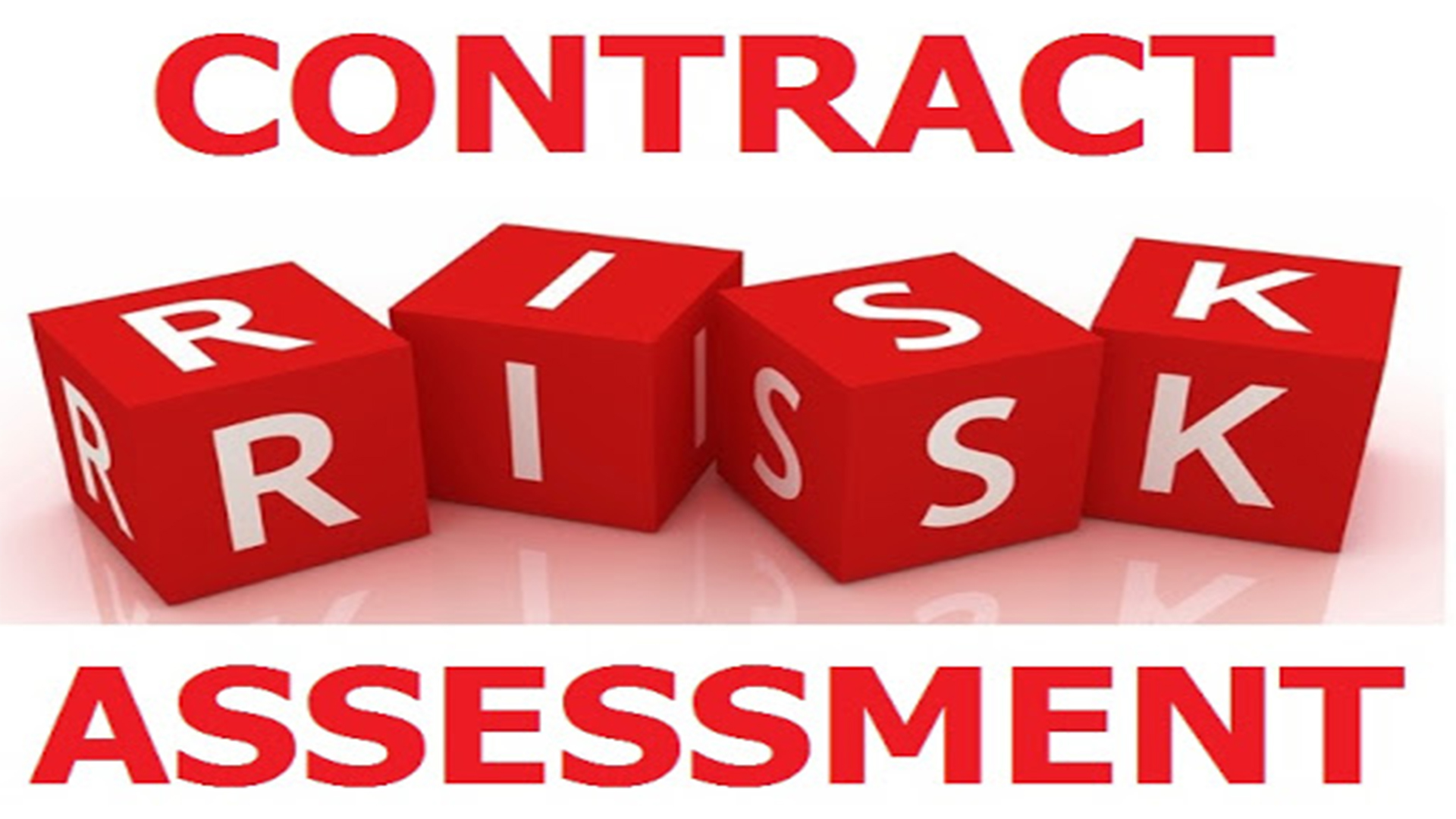
International Commercial Contracts Strategy
Course overview
A professional certification program called Certified International Commercial Contracts Manager (CICCM) is created to provide people the information, abilities, and experience they need to manage commercial contracts successfully in an international setting. The program aims to provide participants a thorough grasp of the difficulties involved in managing international contracts and to equip them with the skills necessary to deal with the possibilities and obstacles that come up in cross-border business dealings.
Professionals working in contract management, procurement, legal and compliance, sales, or other positions where knowledge and expertise in commercial contract management are critical are often the target audience for the CICCM certification. People who work for multinational enterprises, businesses engaged in international commerce, or businesses with a worldwide presence can especially benefit from it.
A comprehensive range of commercial contract management-related subjects are covered in the curriculum, including contract formulation, negotiation tactics, risk assessment and mitigation, contract performance monitoring, compliance, and dispute resolution. Participants obtain knowledge of the legal and regulatory frameworks regulating international contracts as well as perceptions of the ethical standards in contract management, cross-cultural concerns, and intellectual property rights.
Introduction
Professionals may advance their career prospects and find new possibilities by demonstrating their knowledge and competency in international commercial contracts by earning the CICCM certification. The accreditation attests to their capacity to handle intricate contractual agreements, manage risks, and promote profitable commercial operations in a worldwide market.
It’s vital to keep in mind that depending on the organization or school delivering the certification, the precise information and specifications of the Certified International Commercial Contracts Manager (CICCM) program may change. For accurate and current information, prospective participants should speak with the program’s sponsor or review their official documents.
We are The Training Bee, a global training and education firm providing services in many countries. We are specialized in capacity building and talent development solutions for individuals and organizations, with our highly customized programs and training sessions.
Learning Objectives
Upon completing International Commercial Contracts Strategy, participants will be able to:
- Recognize the core tenets and ideas of managing commercial contracts.
- Learn about the legal and regulatory frameworks that affect contracts for goods and services sold internationally.
- Gain expertise in contract creation, negotiation, and the creation of strong contract terms and conditions.
- Discover methods and tactics for risk reduction and ensuring contractual commitments are met.
- Learn how to evaluate and keep track of contract performance using the right metrics and indicators.
- Recognize the difficulties and factors to be taken into account while handling multinational and cross-cultural contracts.
Our Unique Training Methodology
This interactive course comprises the following training methods:
- Journaling – This consists of setting a timer and letting your thoughts flow, unedited and unscripted recording events, ideas, and thoughts over a while, related to the topic.
- Social learning – Information and expertise exchanged amongst peers via computer-based technologies and interactive conversations including Blogging, instant messaging, and forums for debate in groups.
- Project-based learning
- Mind mapping and brainstorming – A session will be carried out between participants to uncover unique ideas, thoughts, and opinions having a quality discussion.
- Interactive sessions – The course will use informative lectures to introduce key concepts and theories related to the topic.
- Presentations – Participants will be presented with multimedia tools such as videos and graphics to enhance learning. These will be delivered engagingly and interactively.
Training Medium
This International Commercial Contracts Strategy training is designed in a way that it can be delivered face-to-face and virtually.
Course Duration
This training is versatile in its delivery. The training can be delivered as a full-fledged 40-hour training program or a 15- hours crash course covering 5 hours of content each day over 3 days
Pre-course Assessment
Before you enroll in this course all we wanted to know is your exact mindset and your way of thinking.
For that, we have designed this questionnaire attached below.
- What components must a contract include in order to be legally binding?
- What distinguishes a unilateral agreement from a bilateral agreement?
- What are the main procedures involved in creating a contract?
- Give an explanation of the function of negotiation in contract management and an illustration of a successful negotiation tactic.
- How would you evaluate and control the risks involved in business contracts?
- What kinds of terms and stipulations are frequently included in business contracts?
Course Modules
This International Commercial Contracts Strategy covers the following topics for understanding the essentials of the Agile Workplace:
Module 1 – Basics of Commercial Contracts
- Overview of business agreements and their significance
- Important phrases and ideas in contract management
- Lifecycle of contract management
Module 2 – Creation and Negotiation of Contracts
- Being aware of the legal prerequisites to create a contract
- Techniques and approaches to negotiations
- Creating sensible contract clauses
Module 3 – Types and Structures of Contracts
- Various commercial agreements (such as sales agreements and procurement agreements)
- Contractual arrangements and their effects
- Contracts signed internationally and cross-border factors.
Module 4 – Contracting Risk Management
- Assessing and identifying contractual risks
- Risk allocation and mitigation tactics
- Contractual insurance and indemnity
Module 5 – Monitoring of Performance and Compliance
- Defining performance indicators and benchmarks
- Keeping track of contract performance
- Ensuring that contractual commitments are fulfilled
Module 6 – Amendments, Extensions, and Termination of Contracts
- Contract modification through amendment and extension
- Termination of a contract and its legal ramifications
- Contract dispute resolution procedures
Module 7 – Administration and documentation of contracts
- Arranging and keeping up with contract paperwork
- Contract audits and documentation
- Relationship management and effective communication with stakeholders
Module 8 – Moral and legal issues to consider
- Standards of ethics in contract administration
- Anti-bribery and corruption legislation
- Difficulties with secrecy and intellectual property
Post-course Assessment
Participants need to complete an assessment post-course completion so our mentors will get to know their understanding of the course. A mentor will also have interrogative conversations with participants and provide valuable feedback.
- What essential elements make up a solid commercial contract?
- Give examples of risk reduction techniques and discuss the significance of risk management in contract management.
- Talk about the steps that make up the contract negotiation process and the elements that influence a successful negotiation.
- How do you evaluate and track the performance of contracts? What would be the most important measures and indicators?
- Provide instances of potential ethical conundrums in contract negotiations and discuss the legal and ethical factors that should be taken into account while managing commercial contracts.
- Describe the effects of multinational contracts and the difficulties in transnational contracting.
Lessons Learned
A full grasp of the several facets of commercial contract management, including contract formulation, negotiation, risk management, performance monitoring, and contract administration, is gained by participants.
Compliance with laws and regulations: Participants gain knowledge of the laws and regulations that apply to business contracts, enabling them to assure compliance and reduce legal risks.
Effective negotiating techniques: The program may improve participants’ negotiation abilities by educating them on efficient methods for obtaining good results during contract negotiations. In order to safeguard the interests of their businesses, participants learn how to recognize possible risks in contracts and create ways to minimize such risks.
“Utilize CICCM to learn the art of international contract management.”







